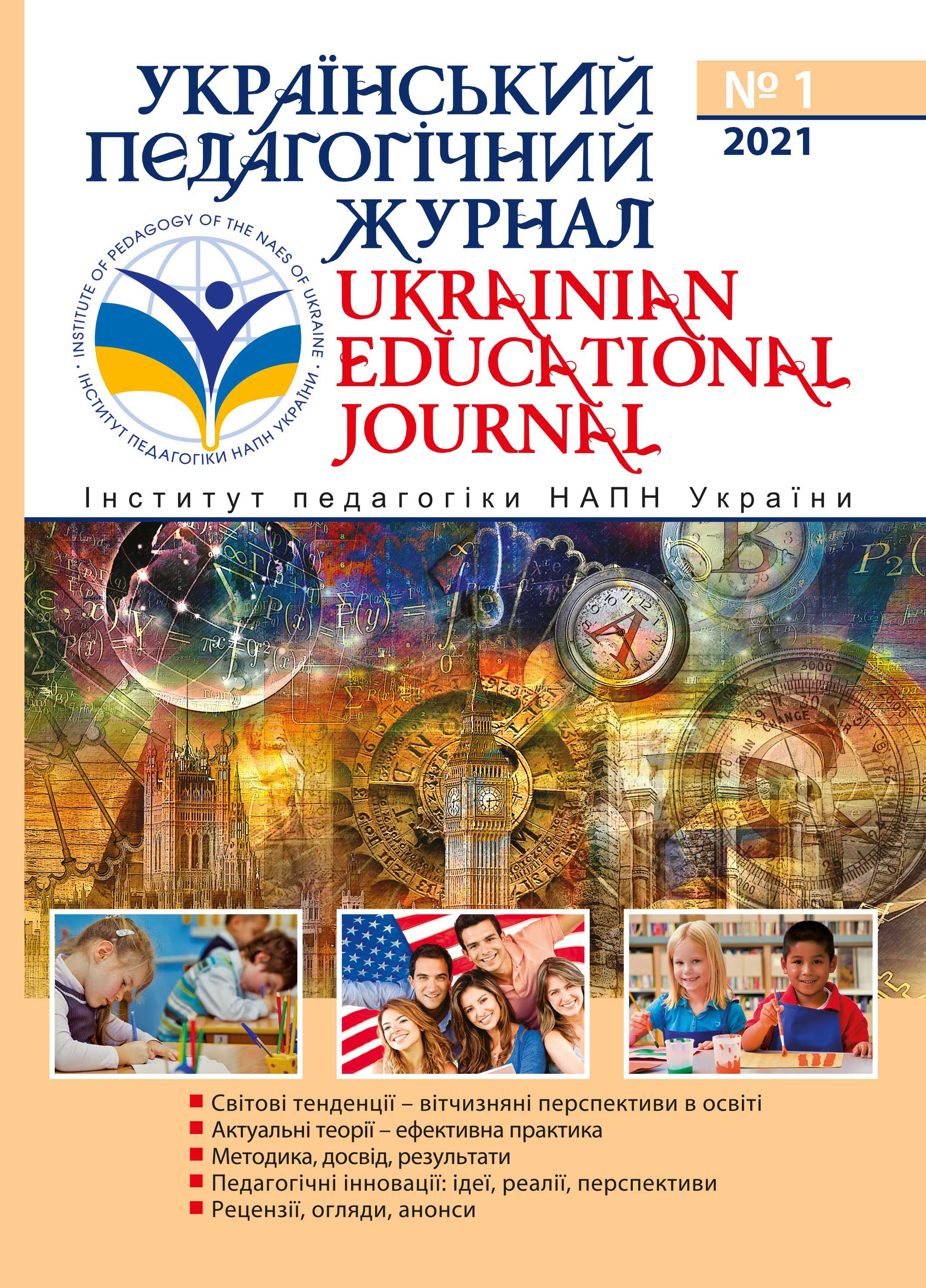Abstract
According to the Standard of Higher Education, a formation of translation student’s professional competencies requires the acquisition of both linguistic knowledge and critical thinking skills, the latter of which relates to general competencies. Being a part of soft skills, critical thinking is considered to be an interpersonal attribute needed to succeed in the workplace. Critical thinking is an important component of the professional activity of a translator whose task is to facilitate the interaction between different cultures. Critical thinking is characterized by the ability to analyze information, synthesize, and evaluate it, choose solutions, etc. Being a complex task, it should be developed throughout the whole period of study at the university. The analysis of the scientific literature and the study of the process of translation proves that every stage of translation needs critical thinking skills. A particular focus in the paper is placed on the study of the stage of editing that is thought to be important because it defines the quality of translation after elimination of stylistic or language mistakes, and technical errors inherent in any translation. The task of the translator is to pick up the mistakes in translation and correct them using the skills of reflection and critical thinking. That is why it is important for students to learn different algorithms of editing depending on its type. Much of this paper is devoted to the study of translation mistakes and the importance of their awareness for a critical evaluation of the translation on the stage of editing. Because teaching editing is a time-consuming process, its implementation is often viewed as difficult at the traditional lesson on “Translation and practice of translation”. That slows down the development of students’ critical thinking. The paper provides some practical recommendations to the educational process, offers forms and methods of work at the lesson to help students develop skills of critical thinking and editing.

This work is licensed under a Creative Commons Attribution-NonCommercial-ShareAlike 4.0 International License.
Copyright (c) 2021 Ірина Гусленко

